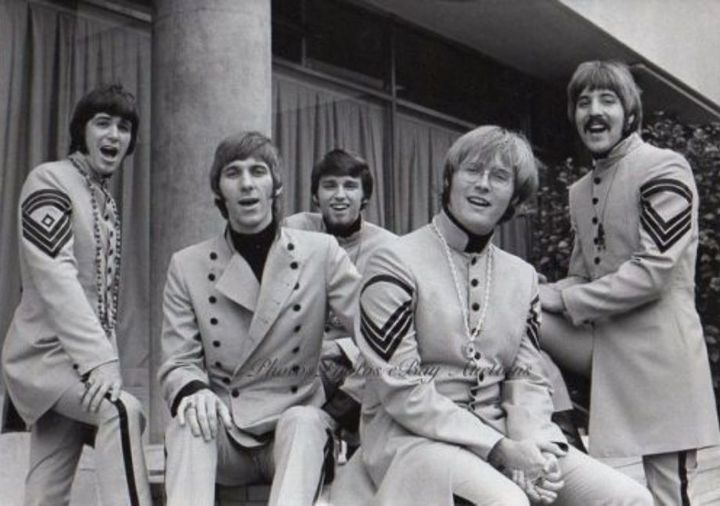‘Woman, Woman’ – Gary Puckett & The Union Gap


In the realm of classic pop music, few songs evoke the raw emotions of love, insecurity, and the desperate plea for connection quite like “Woman, Woman” by Gary Puckett & The Union Gap. Released in 1968, this timeless ballad soared to the top of the charts, cementing its place as an enduring anthem of the late 1960s.
Gary Puckett, with his soulful vocals and heartfelt delivery, paints a vivid picture of a man wrestling with his own insecurities as he pleads with his lover to reassure him of her affections. The lyrics, penned by Jim Glaser and Jimmy Payne, capture the universal human fear of being unloved and the lengths we go to seek validation from those we hold dear.
“Woman, Woman” opens with a gentle piano melody that sets the stage for Puckett’s emotive vocals. His voice, imbued with a palpable vulnerability, immediately draws the listener into the heart of the song’s narrative. The lyrics unfold as a series of heartfelt pleas, each line laced with the singer’s growing desperation.
As the song progresses, the instrumentation swells, adding urgency and depth to Puckett’s impassioned performance. The chorus, with its repeated refrain of “Woman, woman, can’t you see it’s me you’re meant for?”, becomes an anthem of longing and insecurity, resonating deeply with listeners who have ever experienced the pangs of self-doubt in love.
“Woman, Woman” is more than just a pop song; it’s a poignant exploration of the human condition, laying bare the vulnerabilities and fears that often lie beneath the surface of our relationships. Puckett’s impassioned vocals and the song’s relatable lyrics have ensured its enduring popularity, making it a beloved classic that continues to touch the hearts of listeners across generations.
Key takeaways:
-
“Woman, Woman” is a soulful ballad by Gary Puckett & The Union Gap that captures the universal emotions of love, insecurity, and the desperate plea for connection.
-
Puckett’s emotive vocals and the song’s relatable lyrics have ensured its enduring popularity, making it a beloved classic.
-
The song’s timeless message of longing and the fear of being unloved continues to resonate with listeners across generations.